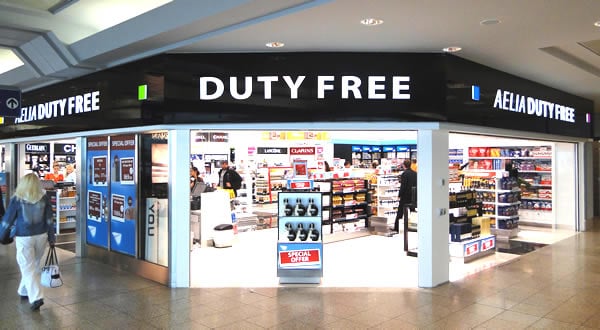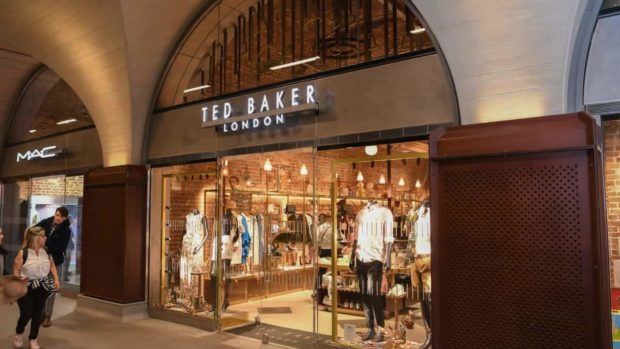
With the UK split into different tiers, all of which carry restrictions, this year’s festive season will be tough on retailers. So imagine how hard it will be for frontline staff facing all the additional stress. We need to prioritise their needs and better support those at risk of burnout, says Liam O’Meara, VP of Europe at Axonify.
Having already been through one wave of covid-19 and adapted to new challenges, policies, restrictions and safety measures, many frontline staff are already at the point of burnout. The extent of the problem has been spelled out by the retailTRUST, a retail charity, which talks of the trio of covid-induced stress factors facing retail workers: financial instability arising from stores closing; uncertainty and the fear of the unknown, caused by the threat of redundancy; and, social disconnect, at home and work, caused by lockdown restrictions.
The feeling of social disconnect is perhaps understandable given that consumers are also tired of their lives being limited by covid-19 and putting up with continued restrictions imposed post-lockdown. Add in the pressure of Christmas shopping and shoppers are likely to be short on patience, meaning retail staff face an even greater challenge when policing in-store safety policies and interacting with the public.
These frontline workers have borne these pressures with resilience, but the traditional support they receive may not be sufficient for either them or their employers. After all, in 2020, getting Christmas right is not just a case of balancing the books, as the impact of covid-19 sees the future of many best-loved British brands now balancing on a knife’s edge. This year, especially for retailers deemed non-essential during lockdowns, success during peak could be the difference between survival or having to call in the administrators.
The risk of festive frontline burnout has never been higher
For many retailers, normal peak season procedures, including taking on an army of temporary staff, will simply not be enough to cope this year, particularly as absenteeism will rise among full timers. Tesco has already announced it will take on an extra 11,000 workers to support its stores while others are expected to make this decision much later on, as regional lockdowns in the UK play out. Uncertainty runs high as retailers are faced with possible restrictions on trading if covid-19 measures are tightened.
So, how can retailers best communicate what lockdown means for frontline employees? And how can they use training and development to support and empower them to overcome the challenges of a covid-Christmas?
In the festive season, staff roles that have already changed dramatically will see further modification as they are required to manage the consequences of the massive shift to online shopping while stores were closed. For some retailers, the number of shop floor and in-store roles will fall in favour of click-and-collect and kerbside delivery, while others will have to move traditional store-based roles to support the online business, either picking in the warehouse or as extra fulfilment resources.
Agility tops every retailer’s wish list this year
This will require a more flexible onboarding process for temporary holiday staff, but also scheduling to re-deploy and re-board existing staff who move to support areas of the business, such as ecommerce and fulfilment, to meet demand.
Processes need to flex around staff having to self-isolate or take periods of absenteeism if they become unwell, start to show symptoms or are contacted by Track & Trace and required to self-isolate.
At the same time, these onboarding and scheduling processes need to be robust enough to maintain productivity and delivery of a great customer experience despite constantly shifting staffing challenges.
Many retailers don’t have the tools to manage cross-skilling of the workforce so that they can adapt to the unforeseen, including moving staff not just to different roles in store, but out to the warehouse and distribution centre, and into customer services roles.
Frontline staff will also need support as they take on new tasks to remember what needs to be done. This is not the time for information overload. The best way to make sure they’re ready for anything is through 3-5 minutes of daily training that’s spaced out over time and then reinforced with quick reminders that making the learning stick, as opposed to an information overload.
Where new information must be communicated to everyone quickly, including product updates, new restrictions or hygiene changes, it makes sense to deliver the information through hand-held devices, whether supplied for task management or the employees’ own smart phones.
It’s not ideal that covid has forced such dramatic changes on UK retail, but taking a flexible, modern approach to training will help retailers get through the all-important festive period, with the knowledge that they are well positioned for whatever is to come in the new year and beyond.








Share